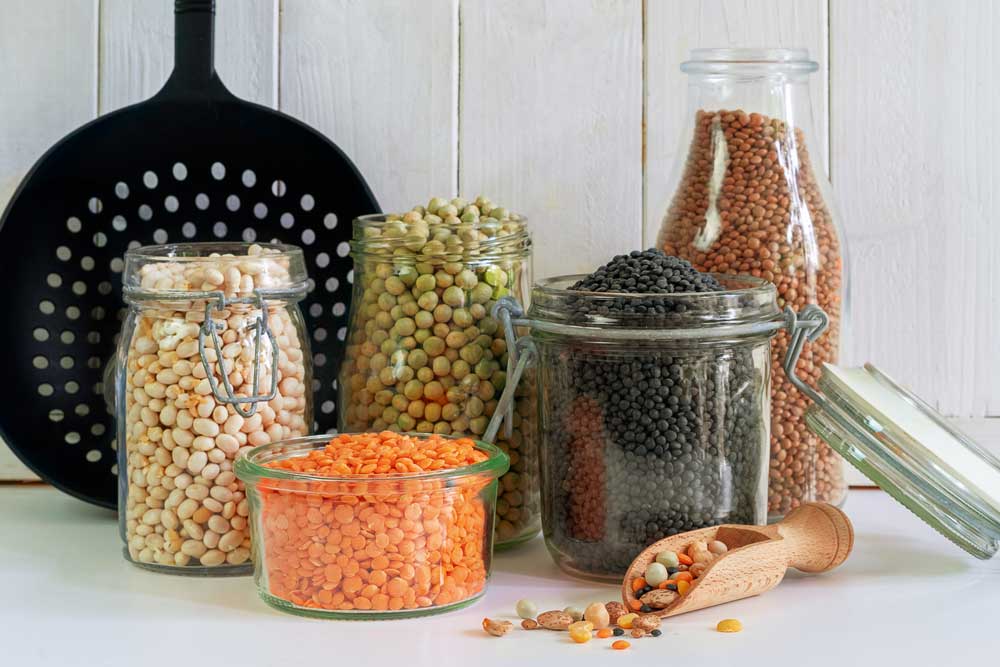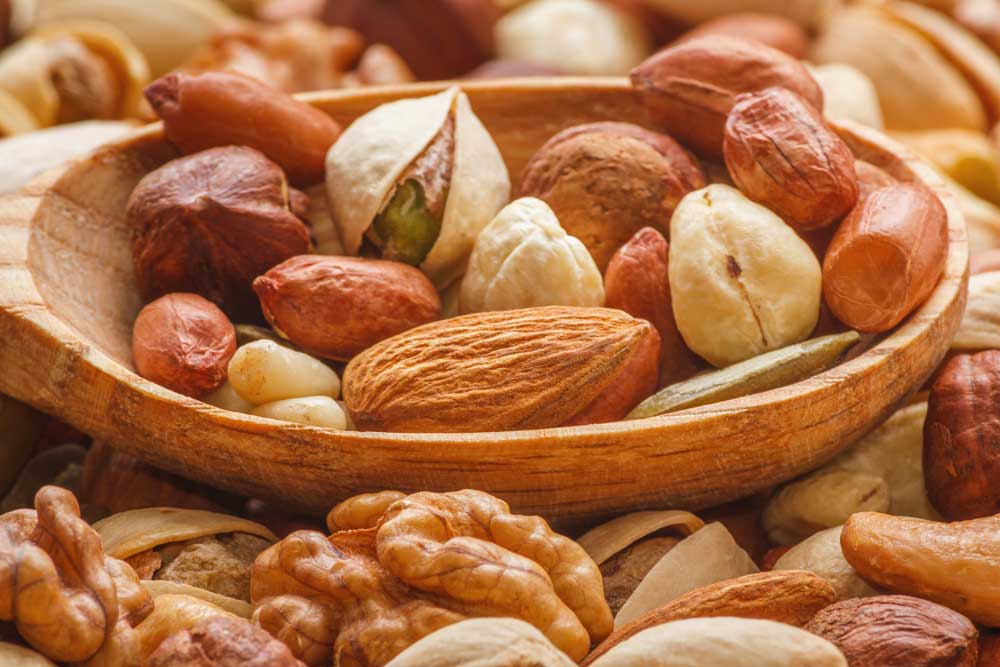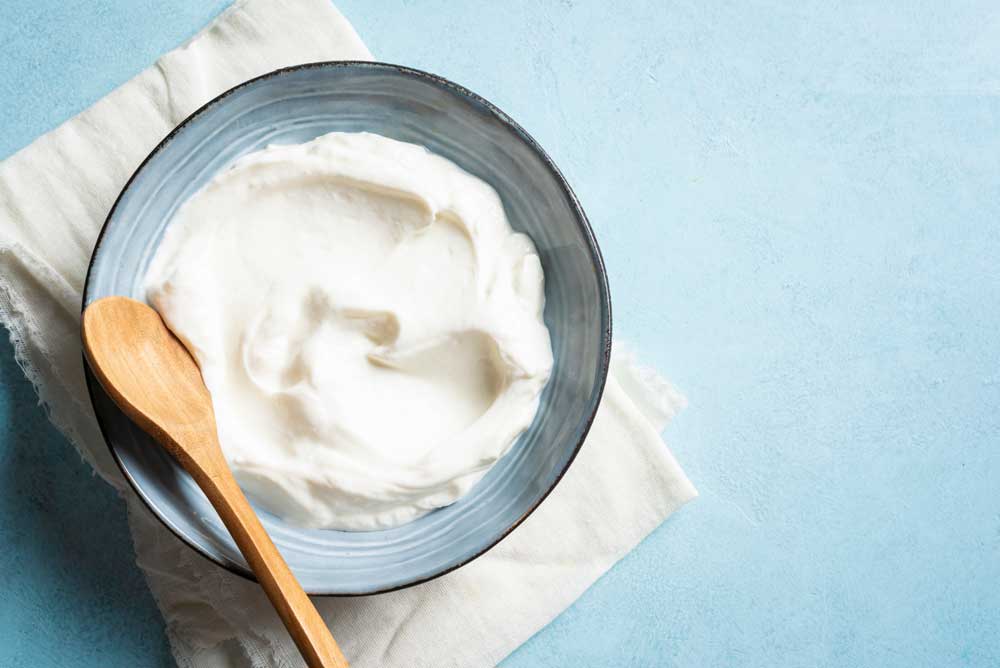Eating habits determine not just longevity, but various other aspects that contribute to our overall health. Foods nourish our entire being and equip us with sufficient energy to function, work, apply our minds to tasks, act and react in different situations and even carry out physical work.
Overall health can be supported properly when our foods include fruits, veggies, nuts, seeds, healthy carbs and lean protein items.
An article released by Harvard Health Publishing stated, ’Over the years, research has shown that healthy dietary patterns can reduce risk of high blood pressure, heart disease, diabetes, and certain cancers. Dietary patterns such as the DASH (Dietary Approaches to Stop Hypertension) diet and the Mediterranean diet, which are mostly plant-based, have demonstrated significant health benefits and reduction of chronic disease.’
Read on to discover how some superfoods provide essential nutrients for the body, which can lead to power-packed meals or snacks that eventually enhance healthy eating patterns.
Leafy and green cruciferous veggies:

These are a must-have superfood. They contain phytochemicals (chemicals made by plants that have a positive effect on your health). Apart from this, the greens are extremely important as they contain Vitamin A, B & C, not forgetting Calcium which is very important for bone health.
Fish:
Although this is an option only for non-vegetarians, fish is highly recommended by doctors during certain kinds of illness. Bob Canter, professor of surgery at UC Davis Division of Surgical Oncology quoted in an article, 'Eat plenty of fish, which are high in healthy omega 3 fatty acids, and smaller portions of red meat to reduce your risk of diseases like stroke, heart disease and cancer.’
Berries:
Berries are extremely high on disease-fighting nutrients and antioxidants, with their sweet taste and rich colours. The naturally sweet flavours make them delicious to savour, which is an added bonus.
Legumes:

Legumes such as chickpeas or garbanzo beans are always a great snack option that can be prepared in different ways. They are low in calories, but their fibre and protein make you feel full, which is a good thing. Legumes help in reducing blood sugar and blood pressure. When consumed in the right amounts, they can also reduce the risk of developing diabetes.
Nuts:

An extremely good source of plant proteins, various kinds of nuts like almond, peanuts, hazelnuts, walnuts and pecans contain monounsaturated fats, which are an important factor in reducing the risk of heart disease.
Whole grains:
Highly recommended to lower cholesterol and protect against heart disease and diabetes, whole grains also contain phytonutrients, vitamins and minerals and are a great source of both soluble and insoluble fibres.
Chocolates:
When consumed in the right amount, the antioxidants in dark chocolates have been shown to lower blood pressure, reduce the risk of clotting and increase blood circulation. John Hopskins Medicine released an article that said, ’Dark chocolate contains powerful antioxidants. Among the most beneficial is a flavonol called epicatechin. Flavonols are compounds found in plants that fight inflammation and protect against cell damage caused by free radicals.’
Yoghurt:

Yoghurt contains live cultures called probiotics. It’s a great source of both protein and calcium. The good bacteria contained in yoghurt help fight back the harmful bacteria present in the body.
Olive oil:

Olive oil is made of monounsaturated fatty acids (MUFAs), which have been shown to increase levels of ’good‘ cholesterol (HDL) while lowering ’bad‘ cholesterol (LDL) that is directly proportional to better health conditions. Often recommended by nutritionists and dieticians, olive oil also contains antioxidants, healthy fats, and anti-inflammatory properties to protect the body’s organs.
Eggs:
Always recommended for high quality lean protein, eggs are considered the world over as a healthy food option. Whole eggs are also rich in many nutrients including B vitamins, choline, selenium, vitamin A, iron and phosphorus.